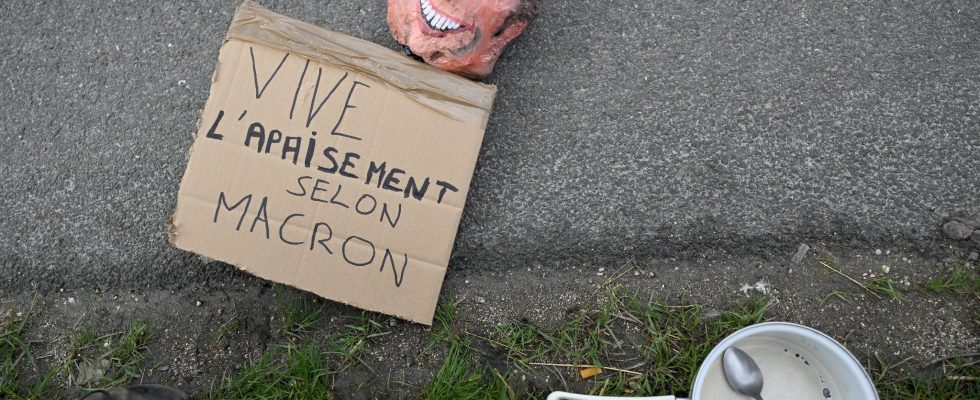It could be laughable if the idea was not the most serious. After having hammered for months during the debate on the pension reform that the French will have to work longer, here is the government letting hear a new little music, that of the four-day week. Slightly confusing… Because those who are already dreaming of a reduction in working time to 32 hours per week risk being disappointed. There, it is a question of distributing the same workload over four and no longer five days. Obviously, leaving the choice open to employees.
Officially, this idea is part, after the 49.3 syndrome, of a more global reflection on the place of work, the balance between professional and private life, well-being in the company… In the private sector, some companies have started, such as LDLC, the specialist in the sale of computer equipment, but the experiences are rather marginal. In the public sphere, two tests are underway: the first at the Urssaf de Picardie, the other at the National Old Age Insurance Fund. In both cases, the returns are half fig, half grape. Before launching the process in January, the management of Urssaf conducted a survey of its 200 employees: 140 found the process interesting and 38 said they were personally tempted. Except that, according to our information, only four took the plunge. The director confesses: “We got the wrong target. We thought we were reaching young mothers who wanted to take their Wednesday, it was the childless employees who responded.”
In reality, behind the argument of flexibility, this proposal is above all akin to a political signal sent to the employees of the famous “second line”, often the same ones who squatted the roundabouts during the crisis of yellow vests. The same ones, too, whose anger the government fears will crystallize. Most of them have missed out on the telecommuting revolution because their job does not allow it.
Finally, it is a signal – which does not cost the State finances a penny – in favor of purchasing power: in the provinces, one less journey to work means as much less petrol and as much money saved… This is perhaps the only motivation for this baroque idea.
